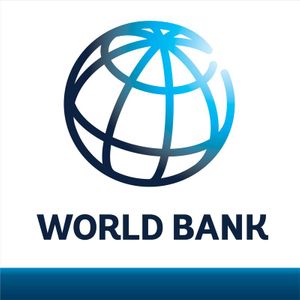AFRONOMICS: Africa’s Pulse Spring Edition Part 2: Access to Energy in Africa
World Bank Podcasts - Ein Podcast von Listen to the latest news

Kategorien:
Part Two of our discussion on Africa’s Pulse focusses on how African countries can improve access to electricity to accelerate progress in development outcomes, jobs and prosperity. We’re speaking with special topic author, Mike Toman, and member of the core team of economists who crafted the report, Moussa Blimpo. Technical innovations, especially in solar power, provide the possibility for faster progress in electricity provision by complementing grid expansion with mini-grids and home-scale systems. However, in sorting through various possibilities for accelerated electrification, it is important to keep in mind that national electrification strategies generally seek to address several development objectives. These include facilitating accelerated income growth and job creation, and improving lives and livelihoods in more remote areas, as well as limiting environmental and health damages from providing electricity. On the one hand, to accomplish this range of objectives, given the changes in generation technology and the expectation of rapid future growth in electricity demand, the evolution of electricity systems in Sub-Saharan Africa will need to involve more than one national grid. The path to universal electrification also will incorporate interconnected or stand-alone “mini-grids” and “micro-grids” serving small concentrations of electricity users, and off-grid home-scale systems. On the other hand, as rural populations continue to migrate to rapidly growing urban areas in Sub-Saharan Africa, economies of scale and density will lower the costs of grid-supplied power in urban and peri-urban areas.
